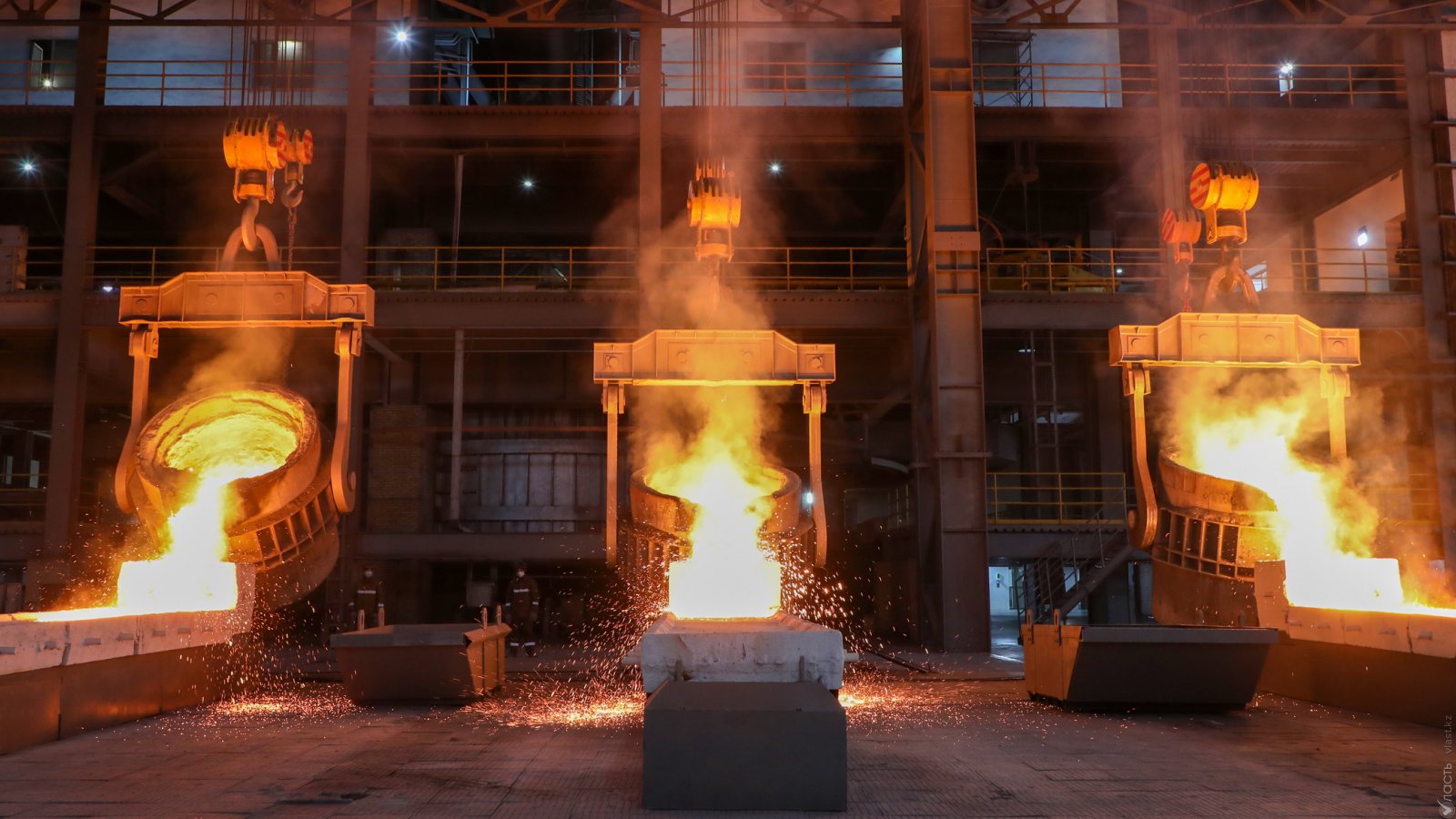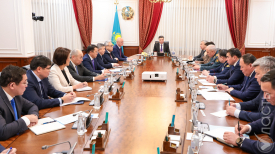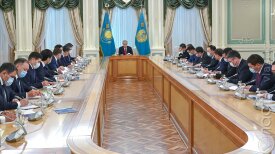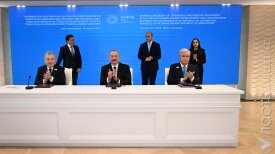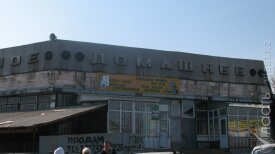Four workers died after an accident at the YDD Corporation plant in Karaganda. Eight workers were reported injured at the time of the accident at the ferrosilicon plant on July 20. Former parliamentarian Yerlan Nigmatullin is the ultimate beneficiary of the company that owns the plant.
Trade turnover between Kazakhstan and China grew by 6.6% in the first five months of 2024, according to the office of the Prime Minister. The press release from July 26 also noted that China’s share in Kazakhstan's total trade turnover is stable at around 20%. Kazakhstan’s exports to China have increased significantly, possibly on the back of growing Chinese interest in Kazakhstan’s sunflower oil.
The government of Kazakhstan submitted on July 24 a production compensation plan to the Organization of Petroleum Exporting Countries (OPEC) that would balance out its previous overproduction over the next 18 months. Kazakhstan is not part of OPEC, but it takes part in OPEC+, an expanded platform that includes several major oil producers, in an effort to boost oil prices by keeping output in check. For years, Kazakhstan has exceeded the quotas that OPEC+ had assigned.
Only 62,435 cars were produced in Kazakhstan in the first half of the year, a 14.6% reduction compared to the same period last year, according to the Statistics Committee. On July 25, the Kazakhstan Automobile Union said that “the uncontrolled import of old and new cars by ‘gray’ dealers” represents a major threat to the development of the local market.
Businesses in Russia have complained that the sanctions regime is hindering cross-border payments, RBC wrote on July 25. The report noted that several banks across Central Asia have either refused payments or took longer to process them. The refusal rate in July stood at 30%, according to the report, while the processing time grew to two weeks on average. Fear of secondary sanctions has made Central Asian regulators increasingly wary of financial transactions with Russian entities.
Natalya Narskaya, an anti-war activist from Russia, was released from an extradition detention center in Almaty on July 24, the Kazakhstan Bureau for Human Rights reported. Narskaya was detained in Almaty on charges of “extremism” following a request from Russian law enforcement agencies. After the 12-month pre-extradition detention period elapsed, she was released.
Kazmunaigas, the national oil and gas company, paid in full a fine of 540 million tenge ($1.1 million), the National Competition Agency said on July 23. The Agency and the Prosecutor’s Office had conducted an investigation last year on Kazmunaigas’ monopolistic position in the sale of petroleum products.
The Mangistau Prosecutor’s Office said on July 24 that the former boss of Oil Transport Company, a subsidiary of Kazmunaigas, had been detained the day before. The press release only referred to the former manager as “T.” – according to corporate data, the general director of the company was Yerbol Turniyazov. He is accused of fraud for reimbursing fake expenses amounting to 700 million tenge ($1.5 million) and paying out invoices for services that were never completed for a total of 2.2 billion tenge ($4.6 million).
Kazatomprom, the state-owned uranium miner, said on July 26 that it obtained the license to mine the Vostochny section of the Zhalpak deposit in the southern region of Turkistan. This development highlights the company’s growing interest in the uranium ore-rich region, which it also targeted last month, obtaining another exploration and production license.
In June, utilities, as well as entertainment, telecoms, and rental services, have become more expensive at a rate faster than most goods, the Statistics Committee said on July 26. While overall inflation stood at 8.4%, the price for services grew by 13.8% compared to June 2023.
Поддержите журналистику, которой доверяют.
